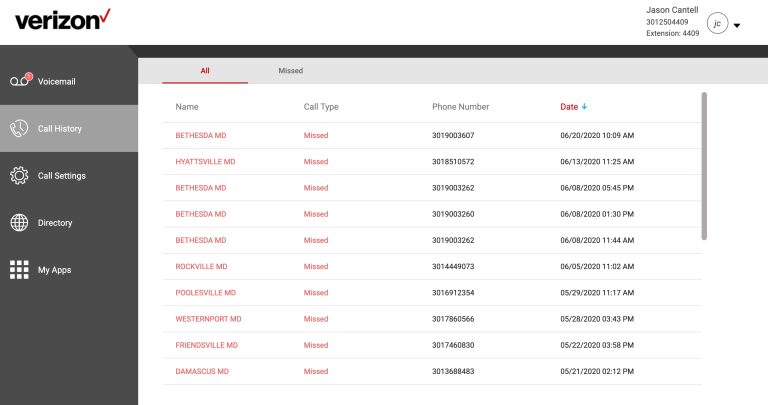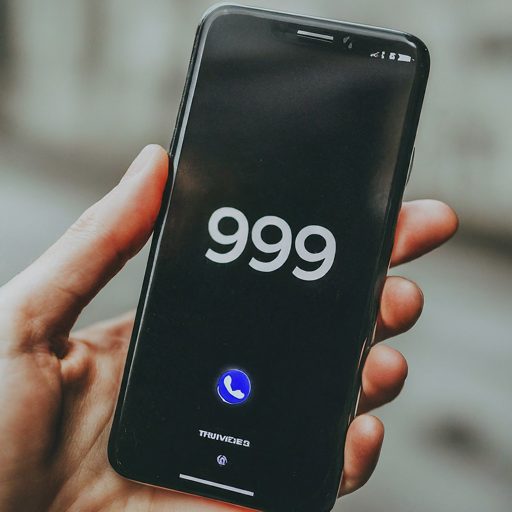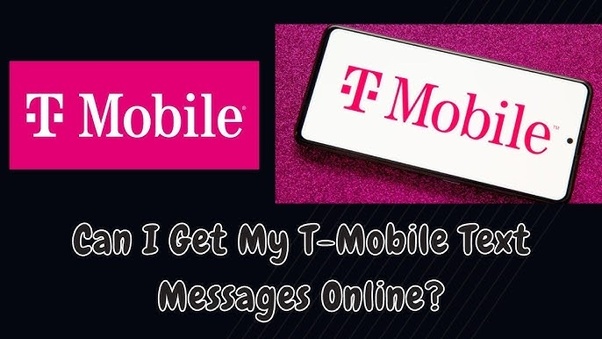In a world where digital privacy is increasingly under threat, the Signal app has emerged as a champion for secure and private communication. With its end-to-end encryption and commitment to user privacy, Signal has gained a loyal following among individuals and organizations who value confidentiality and data protection. In this comprehensive article, we will delve into the key features, benefits, and impact of the Signal app, exploring why it stands out in the crowded messaging landscape.
Contents
Section 1: The Rise of Signal
1.1 A Brief History
The Signal app was launched in 2014 by Open Whisper Systems, a non-profit organization dedicated to developing open-source privacy tools. The app quickly gained recognition for its strong encryption protocols and user-friendly interface. It was further propelled into the spotlight in 2021 when WhatsApp announced changes to its privacy policy, leading many users to seek alternative messaging platforms.
1.2 The Privacy Focus
At the core of the Signal app is its unwavering commitment to privacy. The app utilizes end-to-end encryption, ensuring that only the sender and recipient can read the messages. This means that even Signal itself cannot access the content of conversations. The app also collects minimal user data, further enhancing its privacy credentials.
Section 2: Key Features and Benefits
2.1 End-to-End Encryption
The end-to-end encryption employed by the Signal app is based on the Signal Protocol, a widely respected cryptographic protocol known for its robustness and security. This protocol ensures that messages are encrypted on the sender’s device and can only be decrypted on the recipient’s device, making it virtually impossible for third parties to intercept or read the messages.
2.2 Disappearing Messages
The Signal app allows users to set a timer for messages to disappear after a certain period. This feature adds an extra layer of privacy, ensuring that sensitive conversations are not stored indefinitely.
2.3 Group Chats
Signal supports group chats with end-to-end encryption, allowing users to communicate securely with multiple people at once.
2.4 Voice and Video Calls
The Signal app also offers secure voice and video calls, again protected by end-to-end encryption. This feature enables users to have private conversations without worrying about eavesdropping.
2.5 Open-Source Nature
The Signal app is open-source, meaning that its code is publicly available for scrutiny. This transparency allows security experts to review the code and identify any potential vulnerabilities, further enhancing the app’s security.
2.6 Minimal Data Collection
Signal collects minimal user data, typically only requiring a phone number for registration. This approach minimizes the risk of user data being misused or exploited.
Section 3: Impact and Adoption
3.1 Growing User Base
The Signal app has seen a significant increase in its user base in recent years, driven by growing concerns about digital privacy and the desire for secure communication. The app is now used by millions of people worldwide, including individuals, journalists, activists, and even government officials.
3.2 Endorsements from Privacy Advocates
The Signal app has received endorsements from prominent privacy advocates, including Edward Snowden and Bruce Schneier. These endorsements further solidify its reputation as a trustworthy and secure messaging platform.
3.3 Adoption by Organizations
Many organizations, including news outlets, human rights groups, and even some government agencies, have adopted the Signal app for secure internal communication. This adoption highlights the app’s growing importance in protecting sensitive information.
Section 4: Challenges and Future Outlook
4.1 Competition
The Signal app faces competition from other secure messaging platforms, such as Telegram and Wire. While these platforms also offer end-to-end encryption, Signal distinguishes itself through its open-source nature, minimal data collection, and strong privacy focus.
4.2 User Education
One challenge for the Signal app is educating users about the importance of digital privacy and the benefits of using secure messaging platforms. Many users are still unaware of the risks associated with traditional messaging apps and the potential for their data to be compromised.
4.3 Future Developments
The Signal app continues to evolve, with regular updates and new features being added. The development team is committed to maintaining the app’s high standards of security and privacy while also improving its usability and accessibility.
Conclusion
The Signal app has emerged as a leading force in the fight for digital privacy. Its end-to-end encryption, minimal data collection, and open-source nature make it a trusted platform for secure communication. As concerns about privacy continue to grow, the Signal app is poised to play an even more significant role in protecting individuals and organizations from surveillance and data breaches.






